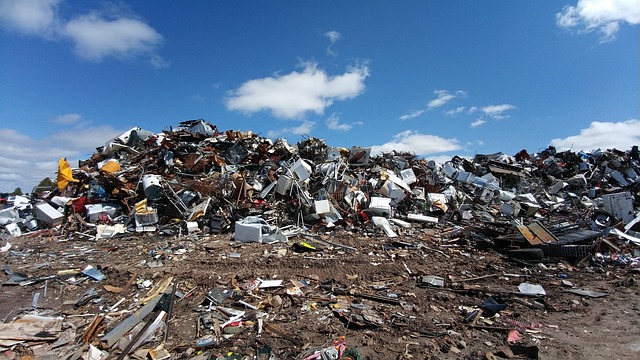ASTM D2972 Sulfate Ion Concentration in Industrial Waste
The ASTM D2972 standard test method is a critical tool for the analysis of sulfate ion concentration within industrial waste. This method provides a standardized approach to quantifying sulfate ions, which are essential for ensuring that waste materials comply with environmental regulations and safety standards.
Sulfate ions play a significant role in various processes and applications, including the production of fertilizers, explosives, and sulfuric acid. In industrial waste management, understanding the concentration of these ions is crucial to prevent contamination of soil, water sources, and air. Sulfates can be harmful if not properly managed due to their potential to cause eutrophication in aquatic environments or contribute to respiratory issues.
The ASTM D2972 test involves a series of steps designed to ensure accurate measurement. Samples are collected from industrial waste streams and prepared according to the standard's detailed instructions. The sample is then analyzed using ion chromatography, which is a highly sensitive analytical technique capable of detecting even trace amounts of sulfate ions.
The results obtained through this method allow for precise quantification of sulfate ion concentration within the waste material. This information is invaluable for several reasons:
- It enables companies to meet regulatory requirements set by environmental agencies such as the EPA and OSHA.
- It helps in optimizing waste treatment processes, ensuring that no harmful materials are released into the environment.
- It supports research and development efforts aimed at creating more sustainable industrial practices.
The ASTM D2972 test is particularly important for industries dealing with hazardous or toxic waste. By adhering to this standard, businesses can demonstrate their commitment to environmental stewardship and public health. Moreover, compliance with such standards enhances corporate reputation and trust among stakeholders.
Benefits
The ASTM D2972 sulfate ion concentration test offers numerous benefits for businesses engaged in waste management and recycling:
- Regulatory Compliance: Ensures adherence to local, national, and international environmental regulations.
- Risk Management: Identifies potential risks associated with sulfate ion levels in industrial waste streams.
- Informed Decision-Making: Provides data-driven insights that inform strategic decisions regarding waste handling and disposal methods.
Besides these tangible advantages, there are broader implications for the environment. By accurately measuring sulfate ion concentrations, companies contribute to reducing pollution risks and promoting sustainable practices across the industry.
Customer Impact and Satisfaction
Our customers benefit significantly from our ASTM D2972 testing services. They gain access to reliable data that supports their compliance efforts, enhances operational efficiency, and fosters innovation within their organizations.
Quality managers appreciate the detailed reports generated by our lab, which provide clear metrics against which they can assess performance continuously. Compliance officers find reassurance knowing that every batch of waste is tested according to recognized standards. R&D engineers use this data to refine processes, leading to improved product quality and reduced environmental impact.
Procurement teams also value these tests because they ensure transparency throughout the supply chain, fostering trust between partners. Overall, our customers report high levels of satisfaction due to the accuracy and reliability of our results, as well as the ease with which we integrate into existing workflows.
Environmental and Sustainability Contributions
- Emissions Reduction: By accurately measuring sulfate ions in industrial waste streams, companies can implement targeted reduction strategies that minimize environmental impact.
- Resource Efficiency: Understanding sulfate ion concentrations helps optimize resource use within manufacturing processes, promoting more efficient operations.
- Biodiversity Preservation: Minimizing the release of harmful substances like sulfates into natural ecosystems supports biodiversity and ecosystem health.





